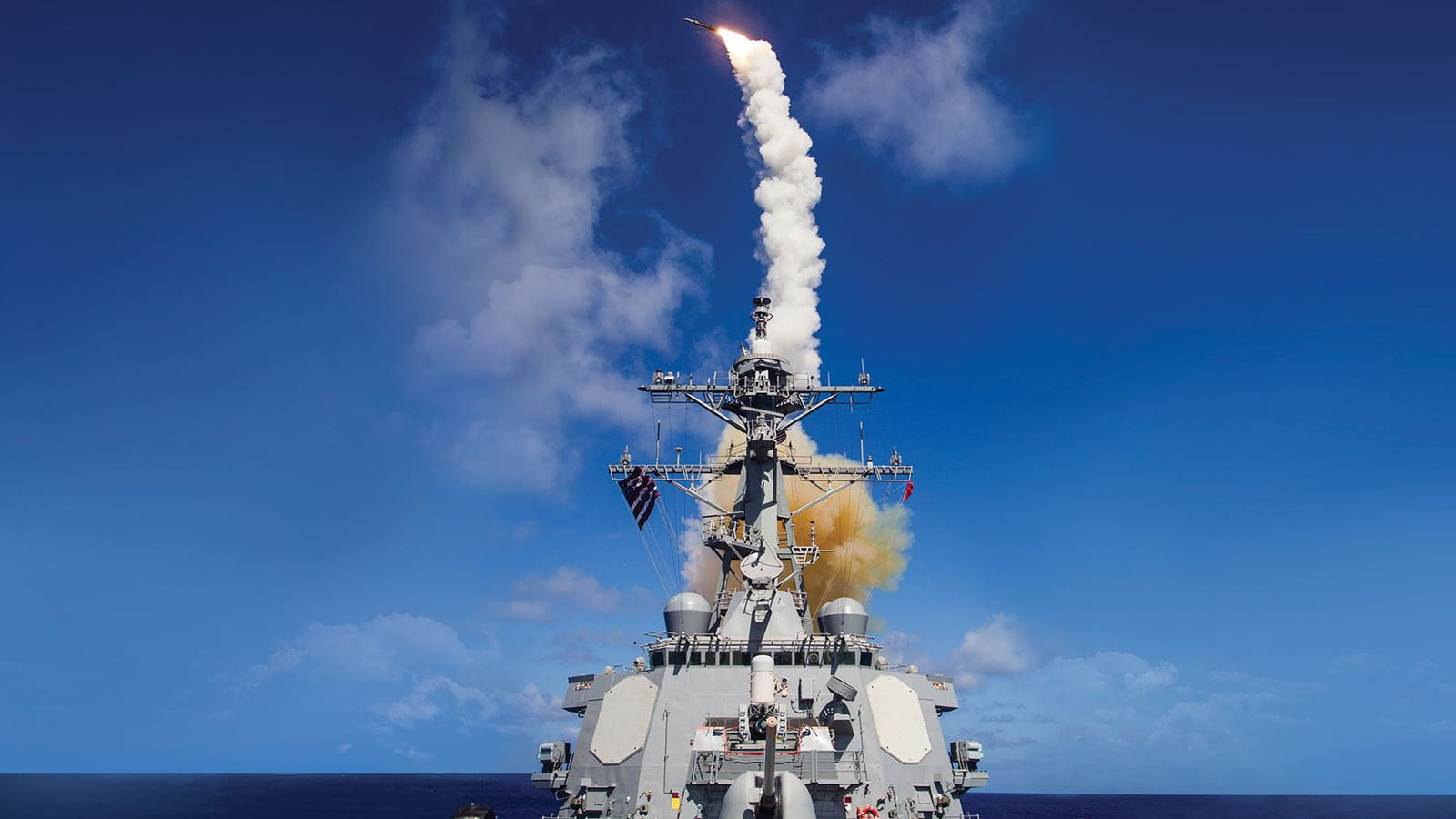If United Technologies (UTX 0.21%) management wishes to defend the company against a high-profile activist's call to split UTC in three, they must show investors they have an alternative plan that will jump-start a set of businesses that have been stuck in neutral the last few years.
A deal announced by UTC May 18 is a good first step, but there's more work to be done.

Carrier industrial air chillers. Image source: United Technologies.
Selling ice cream
United Technologies, maker of a range of products including Carrier HVAC systems, Pratt & Whitney jet engines, and Otis elevators, last week announced the sale of ice cream dispenser-maker Taylor Co. to Middleby for $1 billion. UTC's Carrier unit bought Taylor in 2000 as part of a $700 million purchase of Specialty Equipment Companies, but the ice cream unit over the years has taken a back seat to UTC's transport and commercial refrigeration businesses.
The price, at more than three times sales and 15.4 times adjusted EBITDA, seems healthy for an industrials business that was deemed noncore. Just as importantly, the Taylor deal will reduce the amount of debt United Technologies will have to raise to complete its pending $30 billion deal for Rockwell Collins.
The timing of the divestiture is surprising, but the push to prune the portfolio is not. United Technologies CEO Greg Hayes has said that the board is planning a full-review of the conglomerate's portfolio, with an update expected before the end of the year. There are other assets that could be sold, including UTC's massive but lower-margin fire and security business, that could generate significant cash and improve operations while stopping short of a full breakup.
Activists would prefer an outright split
These one-off divestitures are unlikely to appease activist Dan Loeb, who has disclosed a "significant" stake in UTC through his Third Point hedge fund and has called for a breakup that would leave aerospace, climate control and security, and Otis elevators as three separate companies. Loeb said in a letter to investors that he believes a sum-of-the-parts analysis of the company yields a valuation of around $190 to $210 per share, compared to the current price of around $128 per share, and recommends a split into three entities as the best way to realize that value.
UTC is clearly undervalued. It trades at a discount to Honeywell (HON 0.48%), perhaps its most similar rival, as well as competitors of individual business units such as Spirit AeroSystems and Ingersoll-Rand. And to Loeb's point, there's little reason for the set of assets contained within UTC to stay together: It's hard to cross-sell elevators to jet engine buyers.
EV to EBITDA (TTM) data by YCharts
But that doesn't mean a breakup is a no-brainer. United Technologies estimates about $400 million in "dis-synergies" from a split, largely redundant accounting and public company expenses. It also says a split would require upward of $3 billion in transaction costs, including debtholder payments, transfer taxes, and advisor fees.
It's hard to verify the exact numbers, but without doubt there is significant cost to a breakup. A split would also distract management's attention for roughly two years, which could put the integration of Rockwell at risk or cause the businesses to miss other opportunities.
Being part of a conglomerate can also help individual businesses weather problems -- for example, Pratt & Whitney's ongoing issues with its geared turbofan engine. Delays to the $10 billion program have eaten into UTC results but have not sunk the company. On its own, Pratt & Whitney would be vulnerable to a takeover if it can't soon fix the mess.
It's good to have options
If I owned shares of UTC, my preference would be for the company to find a way to make the conglomerate structure work instead of going through the hassle and expense of a breakup. Selling Taylor ice cream in and of itself is not a viable "plan B," but it is the first step in a strategy that could work just as well as a breakup.
If UTC can execute well on the integration of Rockwell Collins, work out individual business issues including Pratt & Whitney's engine problems, Otis' stagnant sales, and China worries, and find additional businesses to prune, the company can catch up to rivals without a split. It's worth noting that Honeywell faced a similar call from Loeb last year, but rejected an outright split in favor of shedding some noncore assets. The same strategy could work with UTC.
There are a lot of "ifs" in that above paragraph, and to be sure, management is going to have to execute well in order to close the valuation gap. But there are risks involved in a split as well.
For investors, the best possible scenario involves the company having numerous options and not feeling compelled to do a split out of desperation. With that in mind, the sale of Taylor is a definite positive for United Technologies.







